What You Need To Know About Cloves – A Comprehensive Review, 8 Health Benefits and Therapeutic Potential for Optimal Health
Cloves: A Comprehensive Review of Health Benefits and Therapeutic Potential
Overview:
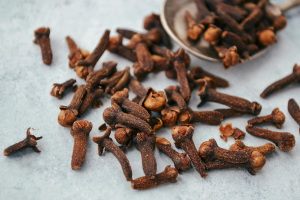
In addition to their culinary uses, cloves have a long history of use in traditional medicine. They are rich in bioactive compounds, with eugenol being the most abundant. Eugenol is responsible for many of the health benefits associated with cloves, including their antioxidant, anti-inflammatory, and antimicrobial properties.
In this article, I hope to summarize the current scientific evidence on the health benefits of cloves, including their antioxidant, anti-inflammatory, antimicrobial, and analgesic properties. Additionally, the potential role of cloves in managing various health conditions such as diabetes, cardiovascular diseases, and cancer is discussed. The review also highlights the safety considerations and future research directions for cloves.
What are Cloves?
Cloves are the aromatic flower buds of the Syzygium aromaticum tree, which is native to the Maluku Islands in Indonesia. These small, dark-brown buds are harvested before they bloom and are dried to be used as a spice. Cloves have a strong, sweet, and spicy flavor, and they are used in both sweet and savory dishes around the world. They are also used in traditional medicine for their potential health benefits, thanks to their rich content of antioxidants and other bioactive compounds.
A brief History
Cloves have a rich history dating back thousands of years. Native to the Maluku Islands in Indonesia, cloves were one of the most sought-after spices
Cloves were used in ancient China and India for their medicinal benefits and as a flavoring agent. In China, cloves were used to freshen breath and combat halitosis. In ancient India, cloves were a key component in Ayurvedic medicine, where they were used to treat various ailments including toothaches, digestive issues, and respiratory problems.
During the Roman Empire, cloves were a symbol of luxury and wealth. They were used to mask bad odors and were also a popular ingredient in perfumes and cosmetics. The demand for cloves in Europe during the Middle Ages led to the exploration and colonization of new territories in search of the spice.
In the 16th century, the Portuguese established a monopoly on the clove trade, controlling the production and distribution of cloves from the Maluku Islands. This monopoly was later broken by the Dutch, who took control of the spice trade and established their own clove plantations in other parts of the world, including present-day Indonesia.
Today, cloves continue to be a popular spice used in cuisines around the world. They are also valued for their medicinal properties and are used in traditional medicine systems such as Ayurveda and Traditional Chinese Medicine.
Health Benefits of Cloves:
- Antioxidant Properties: Cloves are rich in antioxidants, which help protect the body from oxidative stress and damage caused by free radicals. Studies have shown that cloves have a high antioxidant capacity, which may help reduce the risk of chronic diseases such as cancer, diabetes, and cardiovascular diseases.
- Anti-Inflammatory Effects: Eugenol, the main compound in cloves, has been shown to have potent anti-inflammatory effects. It can help reduce inflammation in the body, which is a common factor in many chronic diseases.
- Antimicrobial Activity: Cloves have strong antimicrobial properties, making them effective against bacteria, viruses, and fungi. They have been used traditionally to treat various infections, including dental and respiratory infections.
- Analgesic Properties: Cloves have been used for centuries as a natural remedy for pain relief. Eugenol has been found to have analgesic properties, making cloves a potential alternative to conventional pain medications.
- Diabetes Management: Some studies suggest that cloves may help regulate blood sugar levels and improve insulin sensitivity, making them beneficial for people with diabetes.
- Cardiovascular Health: Cloves may help improve heart health by reducing inflammation, lowering cholesterol levels, and improving blood vessel function.
- Cancer Prevention: Preliminary studies suggest that cloves may have anti-cancer properties, although more research is needed to confirm these findings.
- Digestive Support: Cloves may help support digestion by stimulating the production of digestive enzymes. They can also help relieve digestive issues like bloating, gas, and indigestion.
Anti-Carcinogen properties off cloves
Cloves contain several compounds that have been studied for their potential anti-carcinogenic properties. The main compound responsible for these effects is eugenol, which has shown promising results in various studies. Here are some of the anti-carcinogenic properties of cloves:
- Antioxidant Activity: Cloves are rich in antioxidants, which help protect cells from damage caused by free radicals. This can help prevent oxidative stress, which is a major contributor to cancer development.
- Anti-Inflammatory Effects: Chronic inflammation is linked to cancer development. Eugenol in cloves has potent anti-inflammatory effects, which may help reduce the risk of cancer.
- Apoptosis Induction: Eugenol has been shown to induce apoptosis, or programmed cell death, in cancer cells. This can help prevent the growth and spread of cancer cells.
- Anti-Angiogenic Effects: Cloves may also have anti-angiogenic effects, meaning they can inhibit the growth of new blood vessels that tumors need to grow.
- Immune System Modulation: Some studies suggest that cloves may help modulate the immune system, making it more effective at detecting and destroying cancer cells.
- Anti-Mutagenic Properties: Cloves may also help prevent the formation of mutations in DNA, which can lead to cancer development.
While these studies show promising results, more research is needed to fully understand the anti-carcinogenic properties of cloves and how they can be used in cancer prevention and treatment.
Best way to use cloves
Cloves can be used in various ways to enjoy their health benefits. Here are some common methods of using cloves:
- Cooking: Cloves are a popular spice used in cooking, especially in savory dishes like curries, soups, and stews. They can also be used in baking, particularly in desserts like cakes and cookies.
- Tea: Clove tea is a soothing and aromatic beverage that can be made by steeping cloves in hot water. Simply add a few whole cloves to boiling water, steep for 5-10 minutes, and then strain. You can also add other spices like cinnamon or ginger for added flavor.
- Infused Oil: Clove-infused oil can be used for culinary purposes or as a natural remedy for toothaches and gum pain. To make clove-infused oil, combine whole cloves with a carrier oil like olive oil and let it sit for a few days to allow the flavors to infuse.
- Topical Application: Clove oil can be diluted with a carrier oil and applied topically to the skin for pain relief. It can also be used as a natural insect repellent.
- Dental Care: Chewing on a whole clove or applying clove oil to a toothache can help alleviate pain and reduce inflammation. Clove oil is also used in some toothpaste and mouthwash products for its antibacterial properties.
- Aromatherapy: Clove oil can be used in aromatherapy to promote relaxation and relieve stress. Simply add a few drops of clove oil to a diffuser or inhale the scent directly from the bottle.
When using cloves or clove oil, it’s important to use them in moderation, as excessive consumption can lead to adverse effects. It’s also a good idea to consult with a healthcare professional before using cloves as a natural remedy, especially if you have any underlying health conditions or are taking medications.
How much to use
The amount of clove you should use depends on how you plan to use it. Here are some general guidelines for using cloves:
- Cooking: When using whole cloves in cooking, a typical amount is 1-3 whole cloves per recipe. You can also use ground cloves, with 1/4 to 1/2 teaspoon being equivalent to 3 whole cloves. However, it’s important to adjust the amount based on your taste preferences and the recipe you’re using.
- Tea: To make clove tea, you can use 1-3 whole cloves or 1/4 to 1/2 teaspoon of ground cloves per cup of hot water. Steep the cloves in hot water for 5-10 minutes, then strain before drinking.
- Topical Use: When using clove oil topically, it’s important to dilute it with a carrier oil like olive oil or coconut oil. A common dilution ratio is 1-2 drops of clove oil per teaspoon of carrier oil.
- Supplements: If you’re taking clove supplements, it’s important to follow the dosing instructions on the product label. It’s also a good idea to consult with a healthcare professional before taking clove supplements, especially if you have any underlying health conditions or are taking medications.
It’s always best to start with a small amount of clove and adjust based on your taste preferences and how your body reacts. If you experience any adverse effects, stop using clove and consult with a healthcare professional.
Safety and Precautions
While cloves are generally safe for most people when consumed in moderation as a spice, there are some precautions to consider. Eugenol, the main compound in cloves, can be toxic in large doses. It is recommended to use cloves in culinary amounts and avoid consuming large quantities of clove oil or supplements without consulting a healthcare professional.
There are some risks and side effects to be aware of, especially when used in large quantities or as a supplement. Here are some potential risks and side effects of cloves:
- Skin Irritation: Clove oil can cause skin irritation and allergic reactions in some people when applied topically. It’s important to dilute clove oil with a carrier oil before applying it to the skin and to do a patch test first to check for sensitivity.
- Mucous Membrane Irritation: Clove oil can also irritate the mucous membranes in the mouth, throat, and stomach when ingested in large amounts. This can lead to symptoms like nausea, vomiting, and diarrhea.
- Drug Interactions: Clove oil may interact with certain medications, including blood thinners and medications for high blood pressure. If you are taking any medications, it’s important to consult with a healthcare professional before using clove oil as a natural remedy.
- Blood Sugar Effects: Some studies suggest that cloves may help regulate blood sugar levels, which can be beneficial for people with diabetes. However, if you are diabetic and using cloves to help manage your blood sugar, it’s important to monitor your levels closely and consult with your healthcare provider.
- Pregnancy and Breastfeeding: There is limited research on the safety of cloves during pregnancy and breastfeeding. While moderate use of cloves as a spice is generally considered safe, it’s best to consult with a healthcare professional before using cloves in larger amounts or as a supplement.
- Allergic Reactions: Some people may be allergic to cloves or develop an allergic reaction after exposure. Symptoms of an allergic reaction may include itching, swelling, rash, or difficulty breathing. If you experience any of these symptoms after using cloves, seek medical attention immediately.
It’s important to use cloves in moderation and to consult with a healthcare professional before using them as a natural remedy, especially if you have any underlying health conditions or are taking medications.
Final Thoughts
Cloves are a versatile spice with a wide range of health benefits. They are rich in antioxidants, such as eugenol, which help protect the body from
While cloves offer many health benefits, it’s important to use them in moderation and be aware of potential side effects, especially when using clove oil or supplements. Consult with a healthcare professional before using cloves as a natural remedy, especially if you have any underlying health conditions or are taking medications.
Incorporating cloves into your diet can be as simple as adding them to your cooking or brewing them into tea. Whether you use them for their flavor in cooking or for their potential health benefits, cloves can be a valuable addition to your diet and wellness routine.
Start incorporating Cloves into your diet today to help start enjoying its health benefits and experience a revitalized optimal health.
For natural and healing remedies, products, and supplements to help you live your most optimal healthy life, visit our store here!
Remember: Own Your Health!
If you enjoyed the information presented in this article, Please Share It. Help us reach more people and keep this website going! Thank you!
Note: The information provided in this article is for educational purposes only and should not be considered medical advice. Please consult with a healthcare professional or registered dietitian before making any significant changes to your diet or lifestyle.
Frequently Asked Questions
Here are some frequently asked questions about cloves:
- What are cloves?
- Cloves are the aromatic flower buds of the Syzygium aromaticum tree, native to the Maluku Islands in Indonesia. They are widely used as a spice in cooking and have been used in traditional medicine for their health benefits.
- What are the health benefits of cloves?
- Cloves are rich in antioxidants and have anti-inflammatory, antimicrobial, and analgesic properties. They may help protect against chronic diseases, improve digestion, and promote oral health.
- How can I use cloves?
- Cloves can be used in cooking, brewed into tea, or used topically as clove oil. They can also be used in dental care products or as an ingredient in aromatherapy.
- Are cloves safe to use?
- Cloves are generally safe for most people when used in moderate amounts as a spice. However, excessive consumption or use of clove oil may cause skin irritation, mucous membrane irritation, or other adverse effects. It’s best to consult with a healthcare professional before using cloves as a natural remedy, especially if you have any underlying health conditions or are taking medications.
- Can cloves help with toothaches?
- Cloves have been traditionally used to relieve toothaches due to their analgesic and antimicrobial properties. Chewing on a whole clove or applying clove oil to the affected tooth may help alleviate pain.
- Are there any risks or side effects associated with cloves?
- Some people may experience skin irritation, mucous membrane irritation, or allergic reactions when using cloves. Clove oil may also interact with certain medications. It’s important to use cloves in moderation and consult with a healthcare professional before using them as a natural remedy.
References:
- Pramod K, Ansari SH, Ali J. Eugenol: a natural compound with versatile pharmacological actions. Nat Prod Commun. 2010;5(12):1999-2006.
- Alqareer A, Alyahya A, Andersson L. The effect of clove and benzocaine versus placebo as topical anesthetics. J Dent. 2006;34(10):747-50.
- Meghwal M, Goswami TK. Piper nigrum and piperine: an update. Phytother Res. 2013;27(8):1121-30.
- Nair R, Chanda S. In-vitro antimicrobial activity of crude extracts of 9 selected medicinal plants against UTI causing MDR bacteria. Ethnobotanical Leaflets. 2006;10:176-85.
- Banerjee S, Panda CK, Das S. Clove (Syzygium aromaticum L.), a potential chemopreventive agent: a comprehensive review. Pharmacognosy Rev. 2017;11(21):1-12.
- Dalby A. Dangerous Tastes: The Story of Spices. University of California Press; 2002.
- Lai YS, Lee WC, Lin YE, Ho CT, Lu KH, Lin SH, Panyod S, Chu YL, Sheen LY. Clove extract attenuates oxidative stress and inflammation in

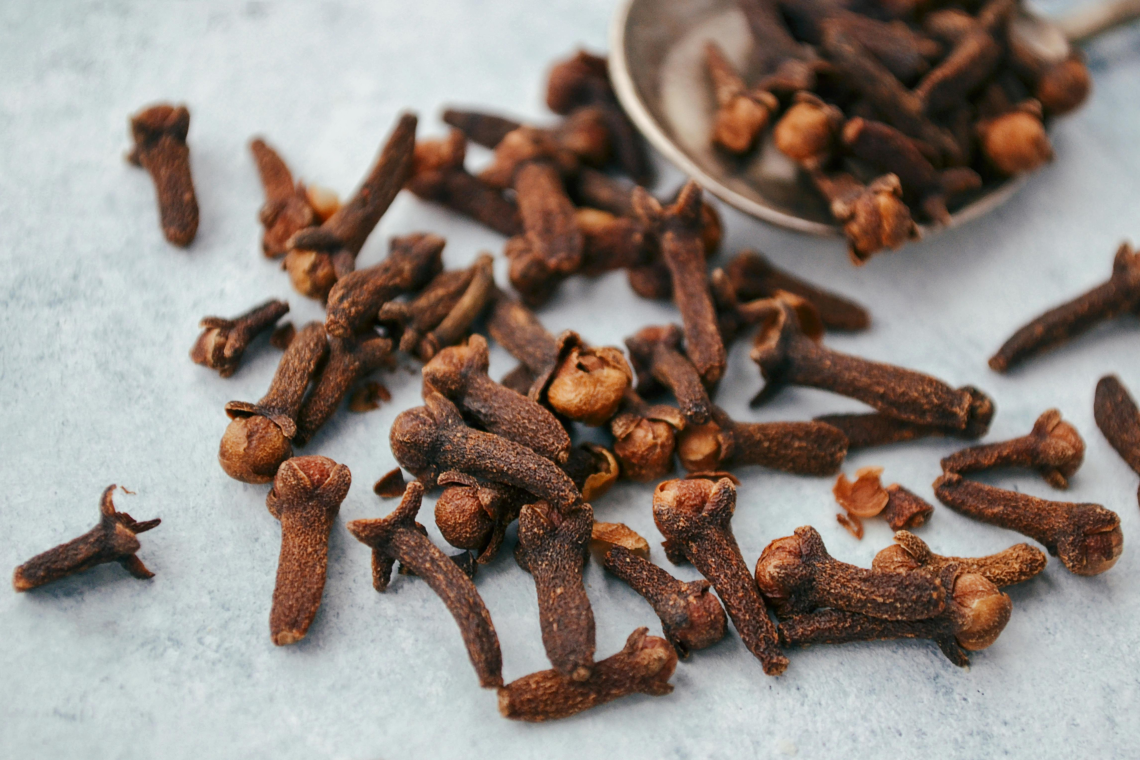

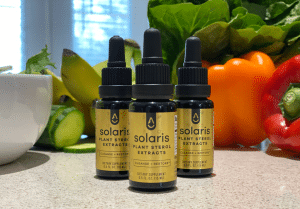


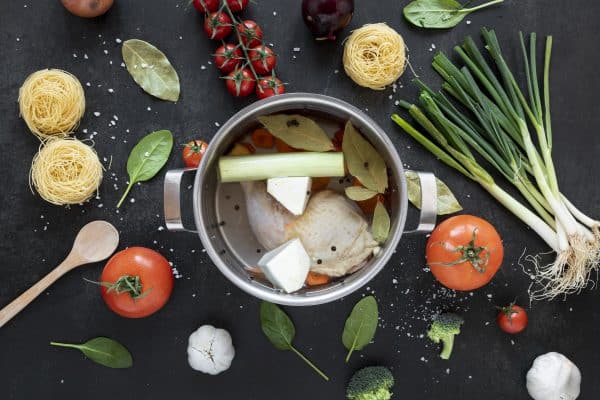



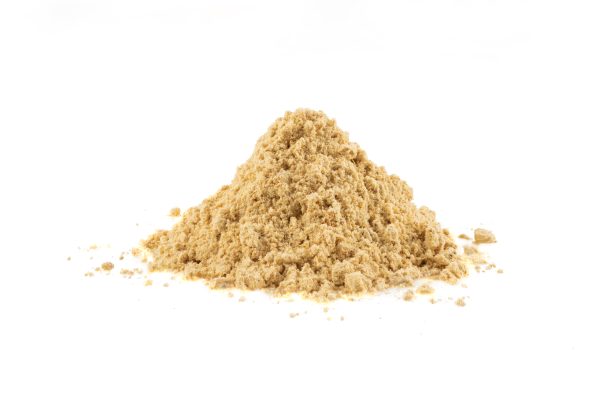


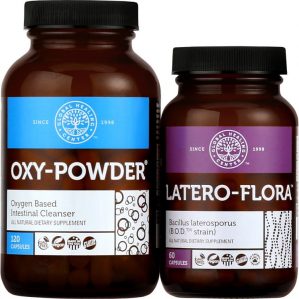

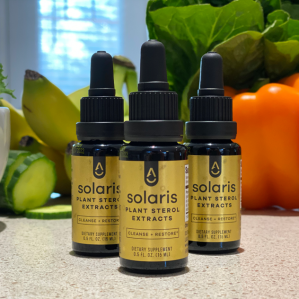













0 Comment